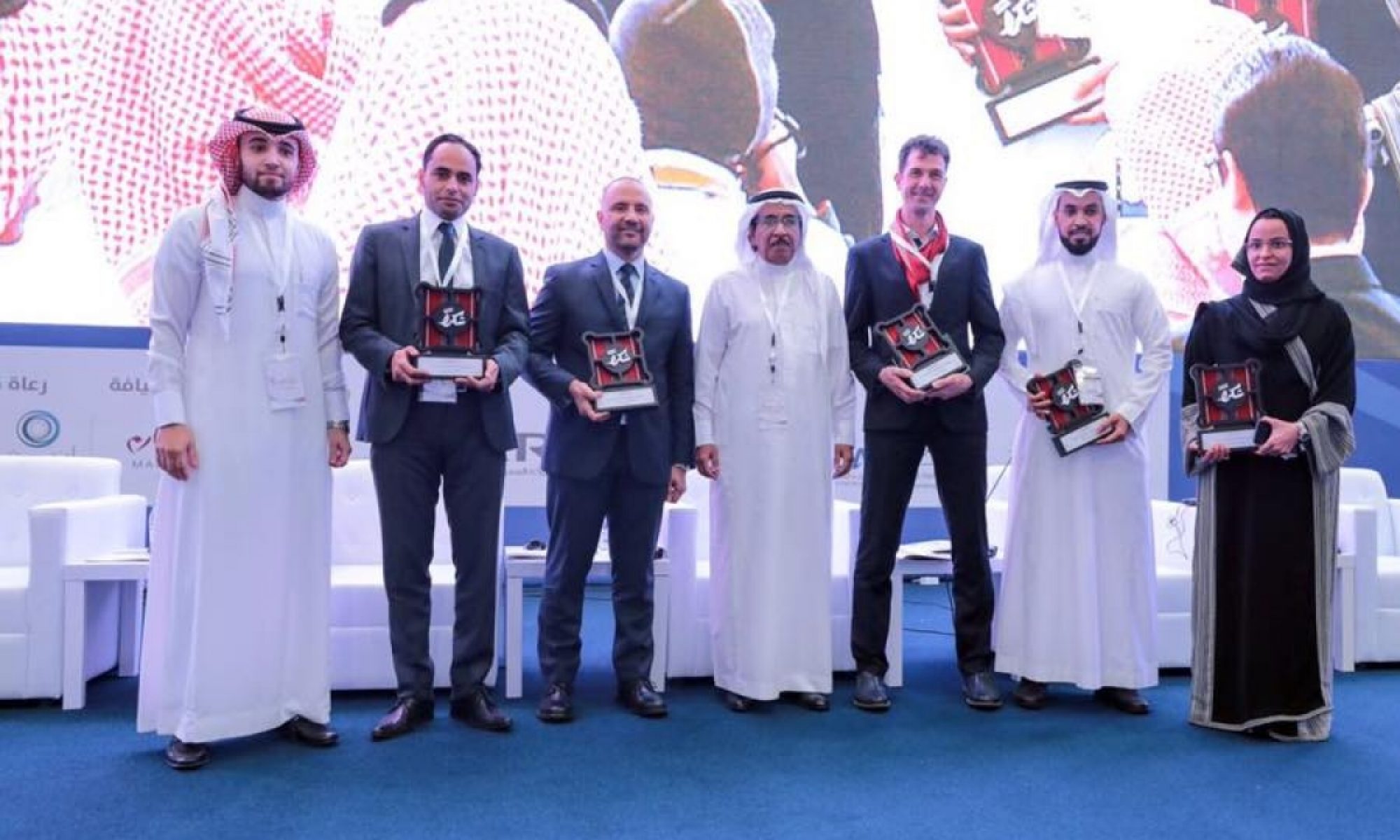
As the son of the founder of modern Saudi Arabia, King Saud bin Abdulaziz Al Saud stepped onto the stage of history with a profound responsibility—to build upon the foundations laid by his father, King Abdulaziz. This blog delves into the life, achievements, and challenges faced by King Saud, shedding light on his pivotal role as the second monarch of Saudi Arabia, earning him the epithet “The Builder.”
Economic Expansion and Challenges:
King Saud’s reign, from 1953 to 1964, witnessed a significant economic expansion driven by the burgeoning oil industry. The revenues from oil exports provided the financial means to embark on ambitious infrastructure projects and development initiatives. However, this era was not without its economic challenges, as rapid spending led to financial strain and prompted the intervention of his brothers.
Educational Initiatives and Modernization:
Despite the economic challenges, King Saud demonstrated a commitment to progress, particularly in the realm of education. His reign saw the establishment of King Saud University in Riyadh, reflecting an investment in higher education that would contribute to the intellectual and cultural development of the nation. This commitment to modernization extended beyond education, with ambitious projects aimed at enhancing the country’s infrastructure and technological capabilities.
Social and Cultural Developments:
King Saud’s leadership era witnessed the modernization of various aspects of Saudi society. Urbanization and increased connectivity were accompanied by efforts to introduce cultural and recreational activities. The desire to balance tradition with progress was evident as the Kingdom took strides toward modernity while respecting its cultural heritage.
Diplomacy and Regional Influence:
Internationally, King Saud navigated the complexities of the Cold War era and emerging geopolitical dynamics. His diplomatic efforts aimed at strengthening ties with both Western and Arab nations, contributing to Saudi Arabia’s growing influence on the regional stage.
Challenges and Abdication:
Despite the ambitious development projects, King Saud faced mounting challenges, both economically and politically. Concerns about financial mismanagement and his ability to address the nation’s needs led to a period of discontent. In 1964, King Saud abdicated the throne in favor of his brother, King Faisal, marking a significant moment in Saudi Arabian history.
Legacy and Reflection:
King Saud’s legacy is one of ambition, progress, and the inherent challenges of nation-building. His efforts to modernize Saudi Arabia, particularly in education and infrastructure, laid the groundwork for subsequent leaders. The complexities faced during his reign serve as a lesson in the delicate balance required for sustainable development and the challenges inherent in the rapid transformation of a society.
King Saud bin Abdulaziz Al Saud, “The Builder,” left an indelible mark on Saudi Arabia’s trajectory. His reign, marked by economic expansion, educational initiatives, and cultural developments, reflects the complex interplay of progress and challenges. As we reflect on his legacy, we gain insights into the intricate process of nation-building and the enduring impact of leaders who navigate the delicate balance between tradition and progress.
King Saud bin Abdulaziz Al Saud: Architect of Progress and Transition in Saudi Arabia
Economic Achievements and Challenges:
King Saud’s ambitious economic initiatives aimed at utilizing the nation’s oil wealth for transformative projects. The construction of the Qassim cement plant and the establishment of the General Investment Authority were emblematic of his vision for economic diversification. However, the rapid pace of spending and the subsequent economic challenges highlighted the importance of sustainable financial planning for the Kingdom.
Educational Initiatives and Intellectual Growth:
The establishment of King Saud University in Riyadh underscored King Saud’s commitment to intellectual growth and education. The university became a hub for fostering academic excellence and contributed significantly to the nation’s intellectual capital. This dedication to education laid the groundwork for subsequent leaders to continue prioritizing knowledge as a key pillar of national development.
Technological Advancements and Infrastructure Projects:
King Saud recognized the need for technological advancements to propel Saudi Arabia into the modern era. His focus on infrastructure development included the construction of roads, bridges, and communication networks, connecting regions and fostering economic and social integration. These projects laid the groundwork for the extensive modernization witnessed in later decades.
Social and Cultural Transformation:
As Saudi Arabia transitioned from a predominantly agrarian society to a more urbanized nation, King Saud’s leadership played a crucial role in shaping social and cultural dynamics. Initiatives such as the establishment of cultural clubs and the introduction of modern entertainment reflected a nuanced approach to societal development, balancing tradition with a desire for progress.
Regional Diplomacy and Global Influence:
King Saud’s diplomatic efforts were not limited to regional relations. He played a significant role in the Arab League, contributing to the broader Arab world’s political landscape. His engagement with both Western and Eastern powers positioned Saudi Arabia as a key player in the global arena, setting the stage for the Kingdom’s influential role in international affairs.
Abdication and the Path Forward:
The challenges faced during King Saud’s reign eventually led to his abdication in 1964. This period of transition marked a shift in leadership dynamics, with his brother, King Faisal, assuming the throne. King Saud’s decision to step down demonstrated a commitment to the stability and continuity of the Kingdom, paving the way for subsequent leaders to navigate the evolving socio-political landscape.
Reflection on King Saud’s Legacy:
As we reflect on King Saud bin Abdulaziz Al Saud’s legacy, it is imperative to appreciate the multifaceted nature of his contributions. His vision for economic development, educational advancement, and cultural transformation laid the groundwork for Saudi Arabia’s modernization journey. Acknowledging the challenges faced during his reign provides valuable insights into the complexities of nation-building, offering lessons for future leaders on the path toward sustainable progress.
In the annals of Saudi Arabian history, King Saud bin Abdulaziz Al Saud emerges not only as “The Builder” but as a leader who navigated a transformative era with foresight and determination. His legacy serves as a testament to the intricate dynamics of progress, challenges, and the enduring commitment to building a nation that balances tradition with the imperatives of a rapidly changing world.
Visit Saudi Arabia Destinations Now
Here are some of our Saudi Arabia private tours, offering you the opportunity to embark on a captivating journey through the Kingdom of Saudi Arabia. Immerse yourself in the rich history of Saudi Arabia as you explore ancient wonders in cities like Riyadh, Jeddah, and Mecca. Discover the archaeological marvels of Al-Ula, with its UNESCO-listed Madain Saleh, and stroll through the traditional streets of Al-Ula Old Town. Experience the highland haven of Abha, nestled in the Asir Province, where you can explore Asir National Park and the historic village of Habala. Take in the breathtaking views at Al-Soudah Park and witness the natural beauty that defines the diverse landscapes of this enchanting kingdom. Whether you’re drawn to the historical charm of Riyadh or the mountainous landscapes of Abha, our Saudi Arabia private tours promise “A Trip to Remember.”

4 Days Riyadh Heritage Tour Package
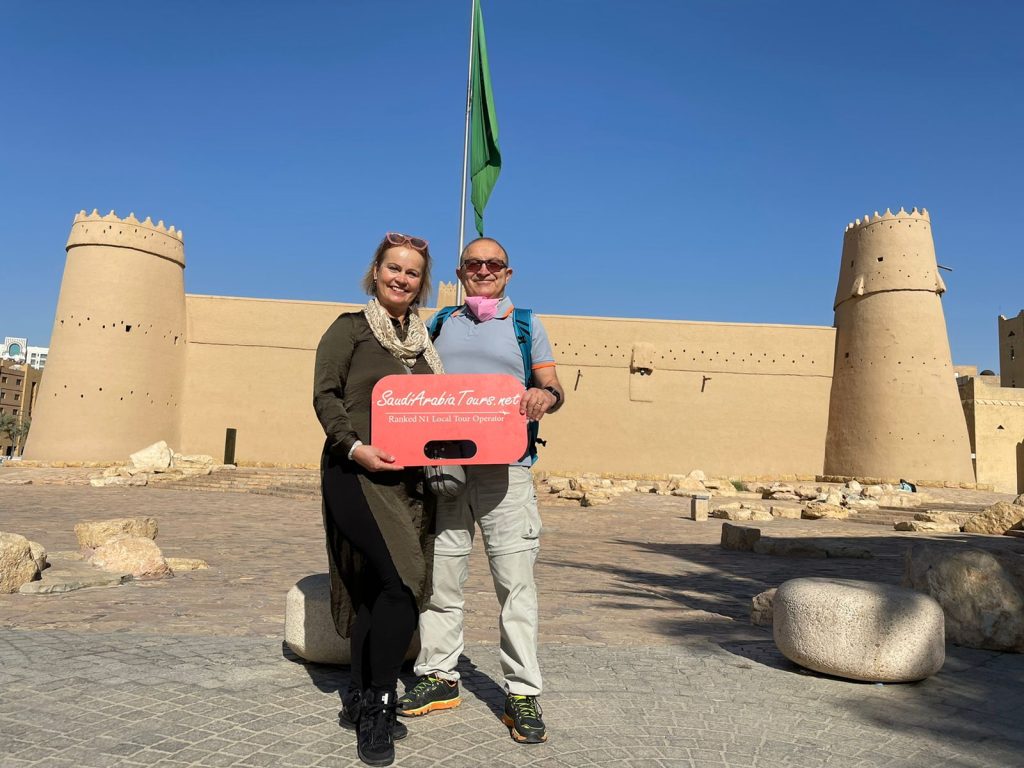
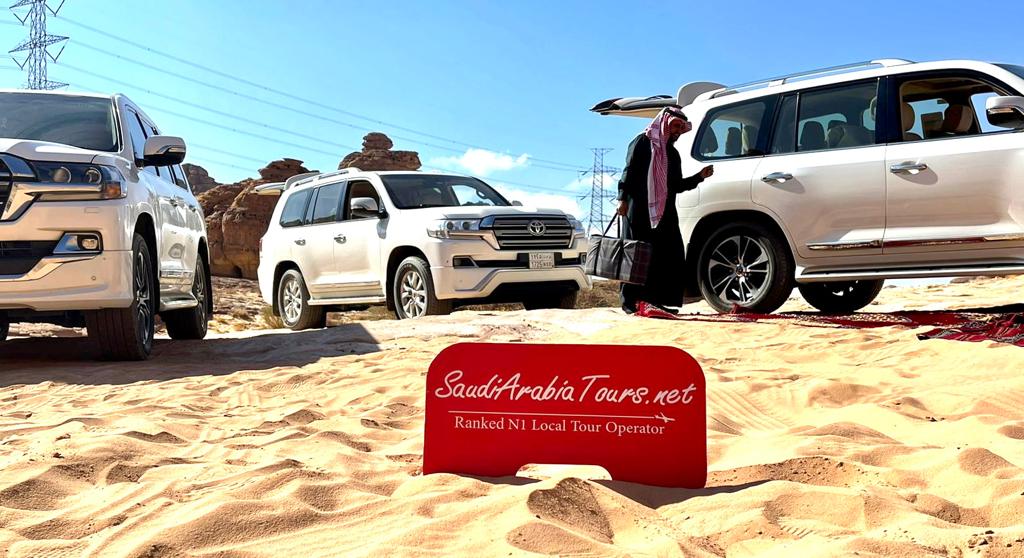
Saudi Arabia Explorer Riyadh, AlUla and Jeddah – 8 Days

Majestic Tour of Saudi Arabia – 10 Days
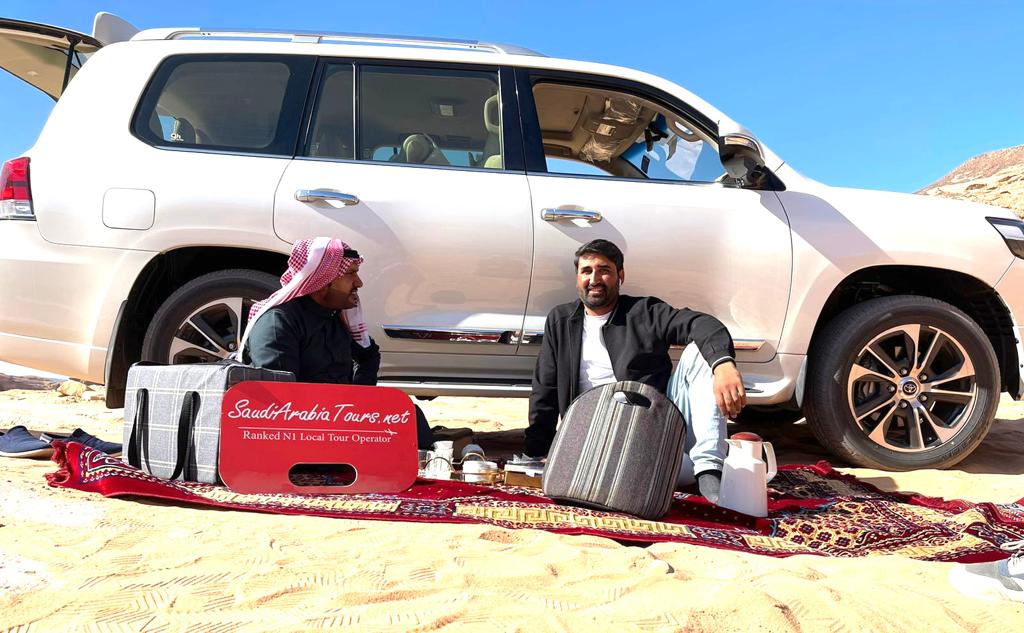
How Good are Saudi Arabia Tours?
Saudi Arabia Tours prides itself on being the best travel agency in Saudi Arabia as proven by our numerous positive reviews.
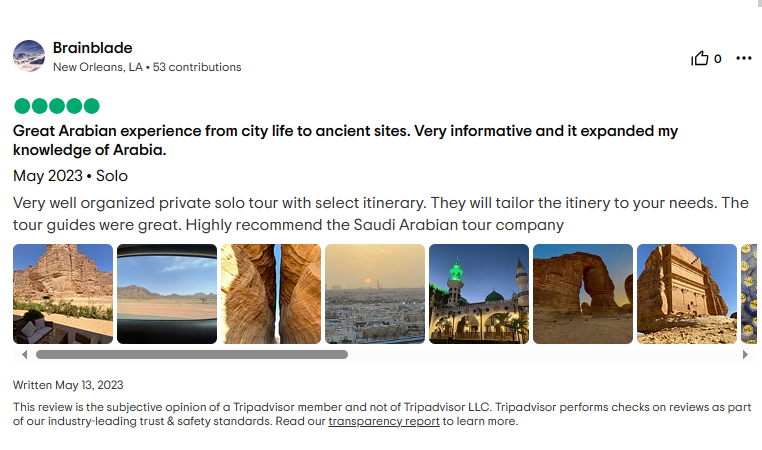
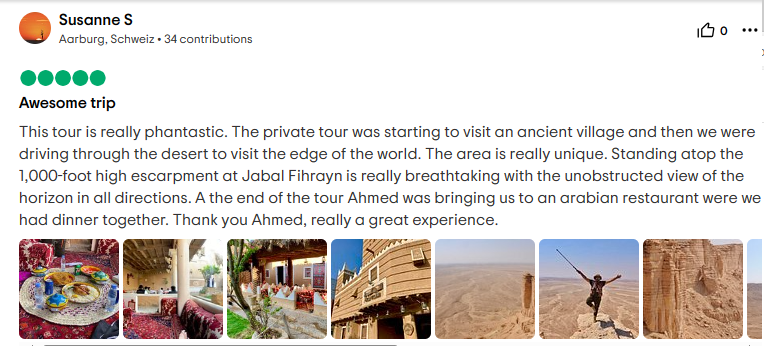

Frequently Asked Questions?
Is Saudi Arabia safe for tourists?
Tourists have been visiting Saudi Arabia and Saudi Arabians have a well-earned reputation for warmth and kindness toward visitors. Saudi Arabia cities are generally very safe, especially in areas where tourists frequent.
How to get a Saudi tourist visa?
Applying for a tourist visa to Saudi Arabia is easy. If you are from one of the 49 eligible countries, you can apply through the eVisa website. Holders of US, UK, or Schengen visas can apply for the visa upon arrival. Saudi Arabia is opening its doors to the world through its new tourist visa. Visitors will have the chance to discover and experience the warm hospitality of the Saudi people, the rich heritage, the vibrant culture, and Saudi Arabia’s diverse and breathtaking landscapes. The visa will be a one-year, multiple-entry visa, allowing tourists to spend up to 90 days in the country.
Are non-Muslims allowed in Saudi?
Non-Muslims can travel to all cities in Saudi Arabia except Medinah and Mekkah, Not allowed to non-Muslims to enter Mecca and Medinah.
Can I wear jeans in Saudi Arabia?
Both men and women are asked to dress modestly in public, avoiding tight-fitting clothing. Women should cover their shoulders and knees in public.
Contact us for more information on:
saudiarabiatours.net@gmail.com
Address: Head Office Olaya St, Riyadh 12213, Saudi Arabia.
If you are booking and taking the tour within 24 hours, or have an urgent request, call us on
Cell/whatsapp : +966558018938 For more info please visit Saudi Arabia Tours
